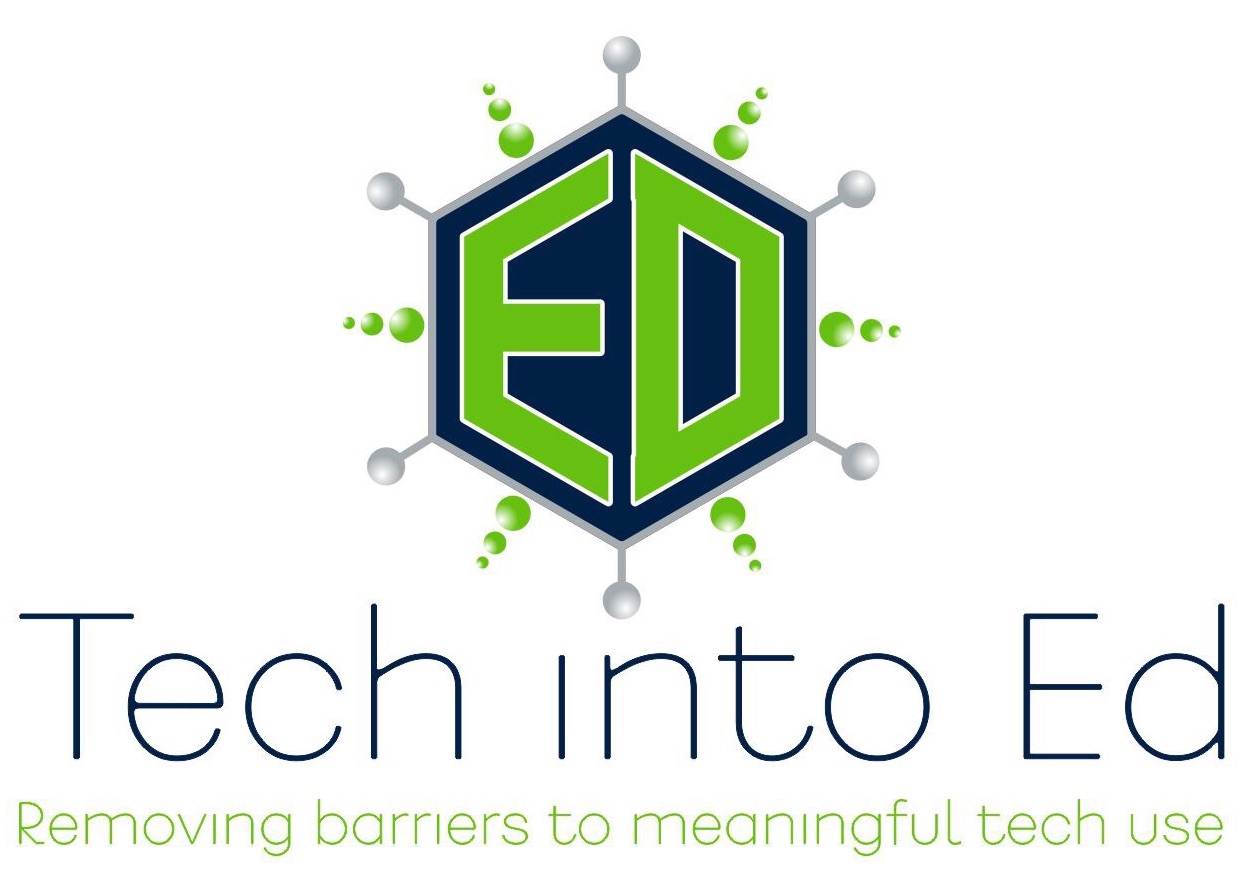Technology is not optional: Students NEED help to develop technical skills
The skills students have traditionally needed to be employable and successful at work are as important as ever. These are often referred to as soft skills, and as reported in this LinkedIn article, for entry level positions they were recently ranked in importance by potential employers in the following order: 1) Communication, 2) Organization, 3) Teamwork, 4) Social Skills, and 5) Punctuality.
However, with the changing shift in the business landscape spurred by technology, two keys shifts are happening in what employers are looking for in potential employees. One key shift is that more technical knowledge and skills are being required in ALL aspects of work.
By technical, we mean highly technical. Potential employees are increasingly being overlooked if they do not have skills such as an ability to collect and analyze data, write computer code, strategize how to best reach an audience digitally, and to quickly adapt to new digital tools and skills related to a rapidly changing job description. Many organizations have studied and reported what employers are most looking for, and regardless of who is reporting the findings, these seem to be pretty consistent themes. For further exploration, check out these articles from Forbes and Monster.
Further emphasis on how important these very technical skills are to employers can be found from a statement published on Fortune.com, in a 2016 article former General Electric CEO, Jeff Immelt said: "If you are joining the company in your 20's, unlike when I joined, you are going to learn to code. It doesn't matter if you are in sales, finance, or operations. You may not end up being a programmer, but you will know how to code.
It is clear that there is strong trend in employment; there is wash between the always necessary soft skills employers have long valued and the technical skills that employees need to do their job in a highly technical society. Even for employees in roles that are outward facing and customer focused, these people are far more likely to be communicating digitally, meeting via web conference software, and building digital training platforms for clients and customers. A blog post from LinkedIn identifies that these skill sets no longer independently exist, but instead merge together into the skills that employers most need from their future employees (our students).
And the reality is that these are skills our students do not inherently, natively have by being born in an era of cell phones and social networks.
We Must Make Shifts in Practice to Embrace New Reality
We no longer live in a world where adopting technology as a part of our daily educational practice is optional. Students need to learn academic content, develop soft skills, and develop technical skills that will prepare them for their lives ahead. With the systemic changes made in our district to set the table for meaningful technology use, most barriers to adoption have been removed. The only barrier that still stands largely in the way of adoption, then, is our own decision to shift our teaching practice.
For educators, it is no longer acceptable to simply opt-out of technology use in the classroom. The stakes are too high for students if we choose not to give them these experiences.
And assuming that students simply have the technical skills they need because they were born with technology -- well, that can debunked within a few minutes simply by asking students to do certain learning tasks with technology that focus on productivity, creation, and collaboration. They need support, encouragement, and advice on how to use technology purposefully and meaningfully, even if they are confident they know how to actually use the software and push the buttons.
Educators are at a point of decision: will we make the productive, meaningful use of technology in our classrooms a priority? Will we prepare our students for college and careers by challenging them to develop the soft skills needed while using the technology that will shape their future lives? The only thing stopping us from doing this today are the personal barriers that we have put up for ourselves. And the good news: when you are ready to take the next step and give kids these experiences, there are people in your communities willing to support you.


